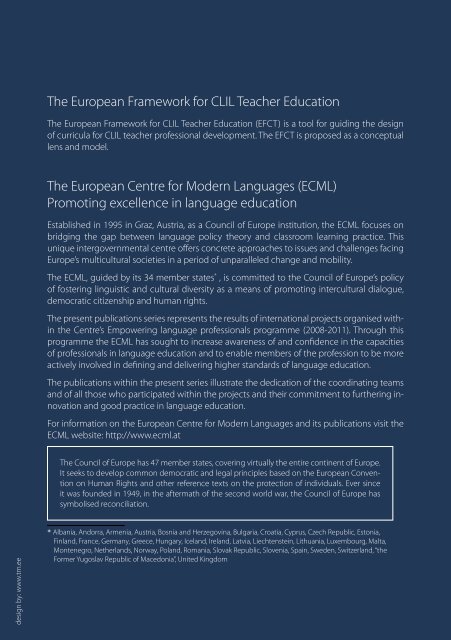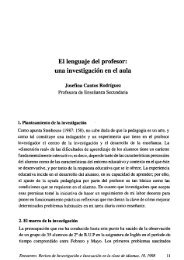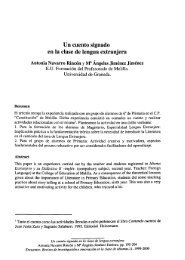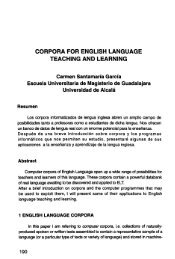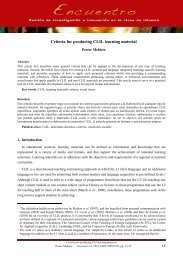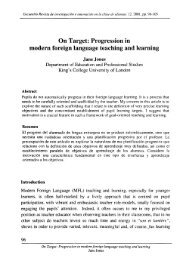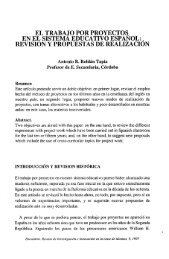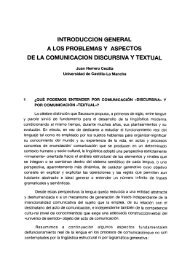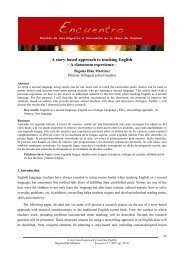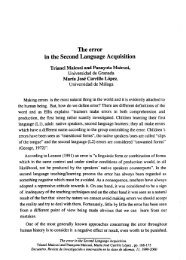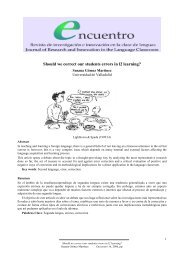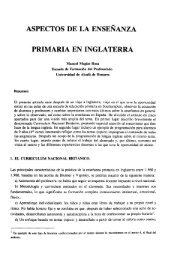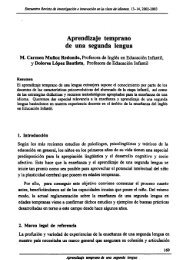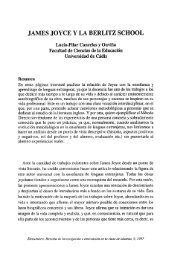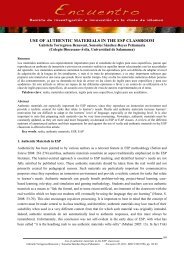European Framework for CLIL Teacher Education - CLIL-CD ...
European Framework for CLIL Teacher Education - CLIL-CD ...
European Framework for CLIL Teacher Education - CLIL-CD ...
You also want an ePaper? Increase the reach of your titles
YUMPU automatically turns print PDFs into web optimized ePapers that Google loves.
The <strong>European</strong> <strong>Framework</strong> <strong>for</strong> <strong>CLIL</strong> <strong>Teacher</strong> <strong>Education</strong><br />
The <strong>European</strong> <strong>Framework</strong> <strong>for</strong> <strong>CLIL</strong> <strong>Teacher</strong> <strong>Education</strong> (EFCT) is a tool <strong>for</strong> guiding the design<br />
of curricula <strong>for</strong> <strong>CLIL</strong> teacher professional development. The EFCT is proposed as a conceptual<br />
lens and model.<br />
The <strong>European</strong> Centre <strong>for</strong> Modern Languages (ECML)<br />
Promoting excellence in language education<br />
Established in 1995 in Graz, Austria, as a Council of Europe institution, the ECML focuses on<br />
bridging the gap between language policy theory and classroom learning practice. This<br />
unique intergovernmental centre offers concrete approaches to issues and challenges facing<br />
Europe’s multicultural societies in a period of unparalleled change and mobility.<br />
The ECML, guided by its 34 member states * , is committed to the Council of Europe’s policy<br />
of fostering linguistic and cultural diversity as a means of promoting intercultural dialogue,<br />
democratic citizenship and human rights.<br />
The present publications series represents the results of international projects organised within<br />
the Centre’s Empowering language professionals programme (2008-2011). Through this<br />
programme the ECML has sought to increase awareness of and confidence in the capacities<br />
of professionals in language education and to enable members of the profession to be more<br />
actively involved in defining and delivering higher standards of language education.<br />
The publications within the present series illustrate the dedication of the coordinating teams<br />
and of all those who participated within the projects and their commitment to furthering innovation<br />
and good practice in language education.<br />
For in<strong>for</strong>mation on the <strong>European</strong> Centre <strong>for</strong> Modern Languages and its publications visit the<br />
ECML website: http://www.ecml.at<br />
The Council of Europe has 47 member states, covering virtually the entire continent of Europe.<br />
It seeks to develop common democratic and legal principles based on the <strong>European</strong> Convention<br />
on Human Rights and other reference texts on the protection of individuals. Ever since<br />
it was founded in 1949, in the aftermath of the second world war, the Council of Europe has<br />
symbolised reconciliation.<br />
design by: www.tm.ee<br />
* Albania, Andorra, Armenia, Austria, Bosnia and Herzegovina, Bulgaria, Croatia, Cyprus, Czech Republic, Estonia,<br />
Finland, France, Germany, Greece, Hungary, Iceland, Ireland, Latvia, Liechtenstein, Lithuania, Luxembourg, Malta,<br />
Montenegro, Netherlands, Norway, Poland, Romania, Slovak Republic, Slovenia, Spain, Sweden, Switzerland, “the<br />
Former Yugoslav Republic of Macedonia”, United Kingdom


